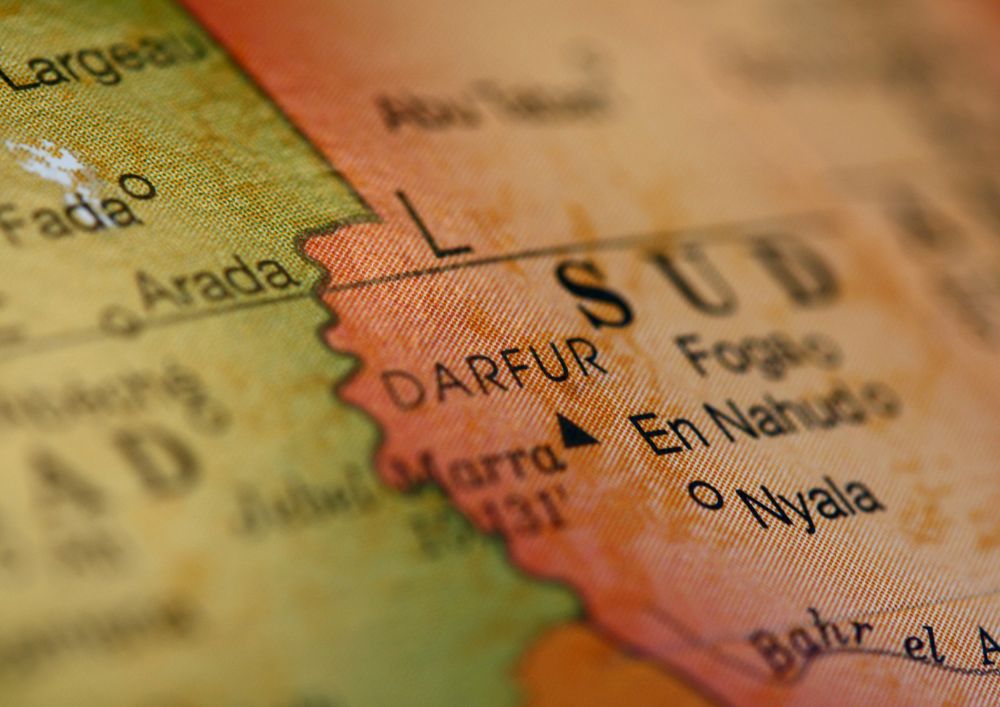
Sudan, the Darfur crisis deepens amid ethnic violence and famine
The Darfur crisis worsens as civilians flee massacres and hunger
The Darfur crisis remains one of Africa’s longest and most brutal emergencies. The Sudanese region, historically marked by clashes between nomadic Arab groups and non-Arab farming communities, is once again engulfed in violence following the country’s collapse and the resurgence of conflict in 2023.
Old wounds reopen in the Darfur crisis
At the heart of the Darfur crisis lies a long-standing divide between Arab pastoralists and sedentary African populations. Under the regime of Omar al-Bashir, this tension escalated into systematic persecution, culminating in a campaign of ethnic cleansing carried out by government-backed Janjaweed militias.
Between 2003 and 2009, more than 600,000 people were killed and over 2 million displaced — figures that led the International Criminal Court to issue a warrant for al-Bashir’s arrest on charges of genocide, war crimes and crimes against humanity.
A new civil war fuels further devastation
The fall of al-Bashir in 2019 reawakened dormant rivalries, now intertwined with a bitter struggle for control between the Sudanese Armed Forces (SAF) and the Rapid Support Forces (RSF).
Since 2023, Sudan has spiralled into a devastating civil war that has reignited violence in Darfur. Atrocities have been reported on both sides: mass killings, sexual violence, village raids and executions targeting ethnic groups.
Humanitarian collapse and civilians on the move
As in every phase of the Darfur crisis, civilians are paying the highest price. Hundreds of thousands have been forced to abandon their homes, embarking on exhausting journeys towards relatively safer areas such as Tawila, Al Malha, Melit and Kosti.
These movements have generated sprawling camps where hunger, disease and insecurity dominate daily life. An estimated 12 million people have been displaced, while 24 million face severe food shortages. Nearly 130 humanitarian workers have been killed since the conflict reignited, a deliberate attempt to cut civilians off from essential aid.
El Fasher falls, and the crisis reaches a new peak
A recent OHCHR report details systematic violations by RSF fighters, including summary executions and ethnically motivated attacks.
The situation deteriorated further with the fall of El Fasher, the capital of North Darfur, after an 18-month siege. The RSF’s takeover triggered widespread killings of civilians and the execution of surrendering defenders, marking one of the darkest chapters of the renewed Darfur crisis.
With no political horizon and violence escalating, the region faces one of the gravest humanitarian emergencies on the planet — a tragedy unfolding with little international intervention.
FERDINANDO PELLICCIA
THE LATEST NEWS
-
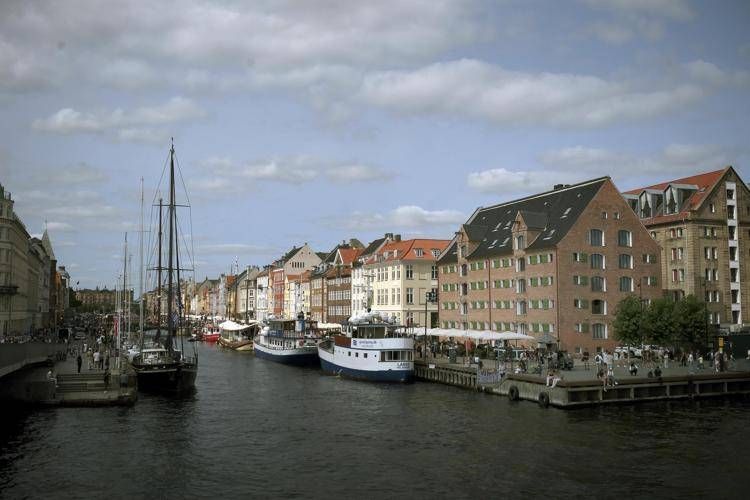
 In Evidenza11 ore ago
In Evidenza11 ore agoSconfitta dei Socialdemocratici a Copenaghen: la Sinistra Verde vince il municipio
-

 In Evidenza11 ore ago
In Evidenza11 ore agoDeclassificazione documenti Epstein, Trump firma l’ok per la nuova legge
-
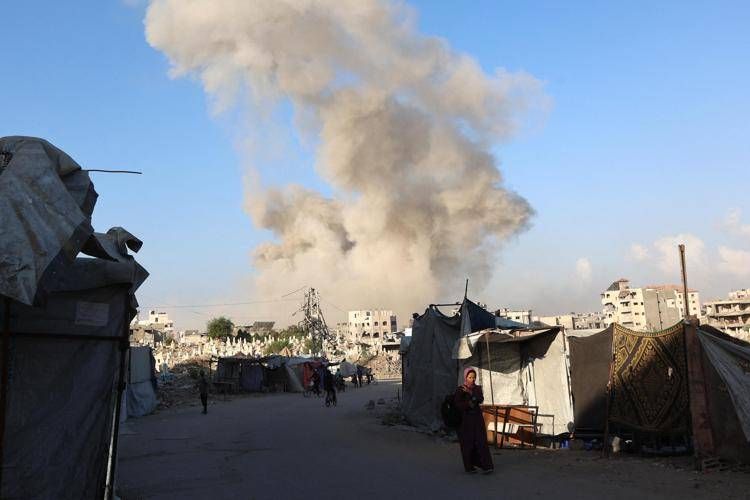
 Primo Piano11 ore ago
Primo Piano11 ore agoNuovo raid aereo su Gaza di Idf: quattro vittime nel sud della Striscia
-

 In Evidenza5 ore ago
In Evidenza5 ore agoSudan. Il dramma senza fine del popolo del Darfur


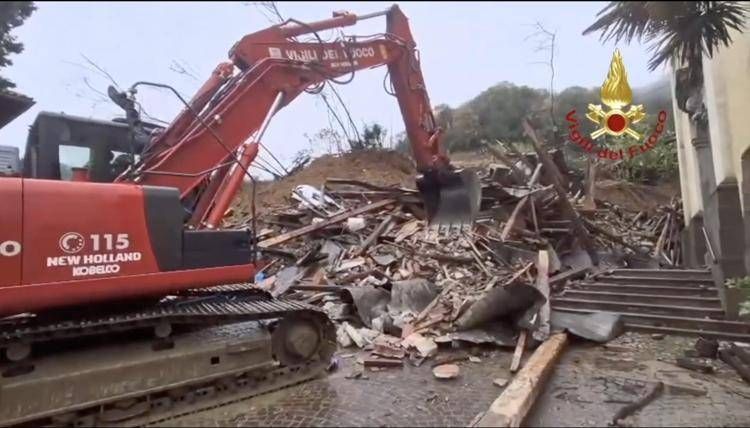
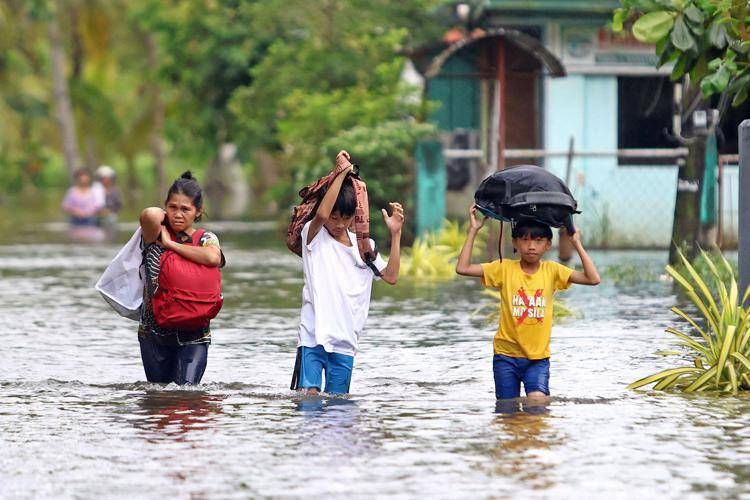
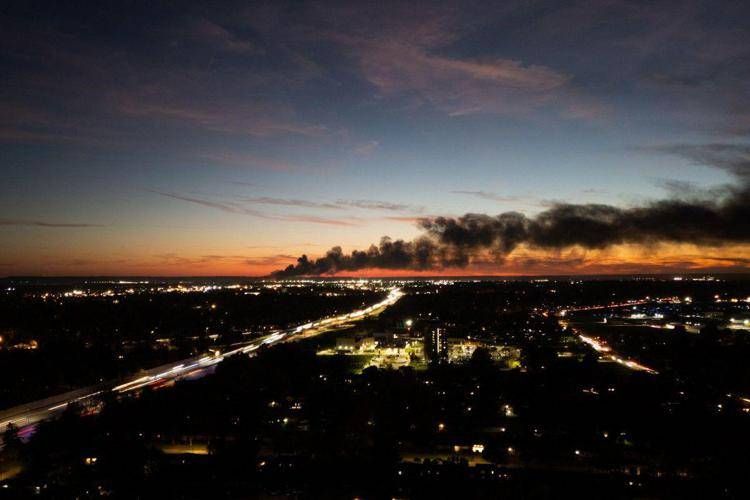





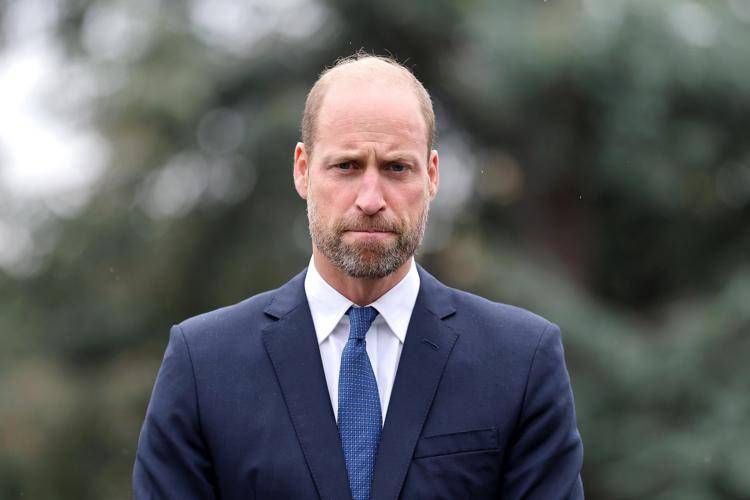




You must be logged in to post a comment Login